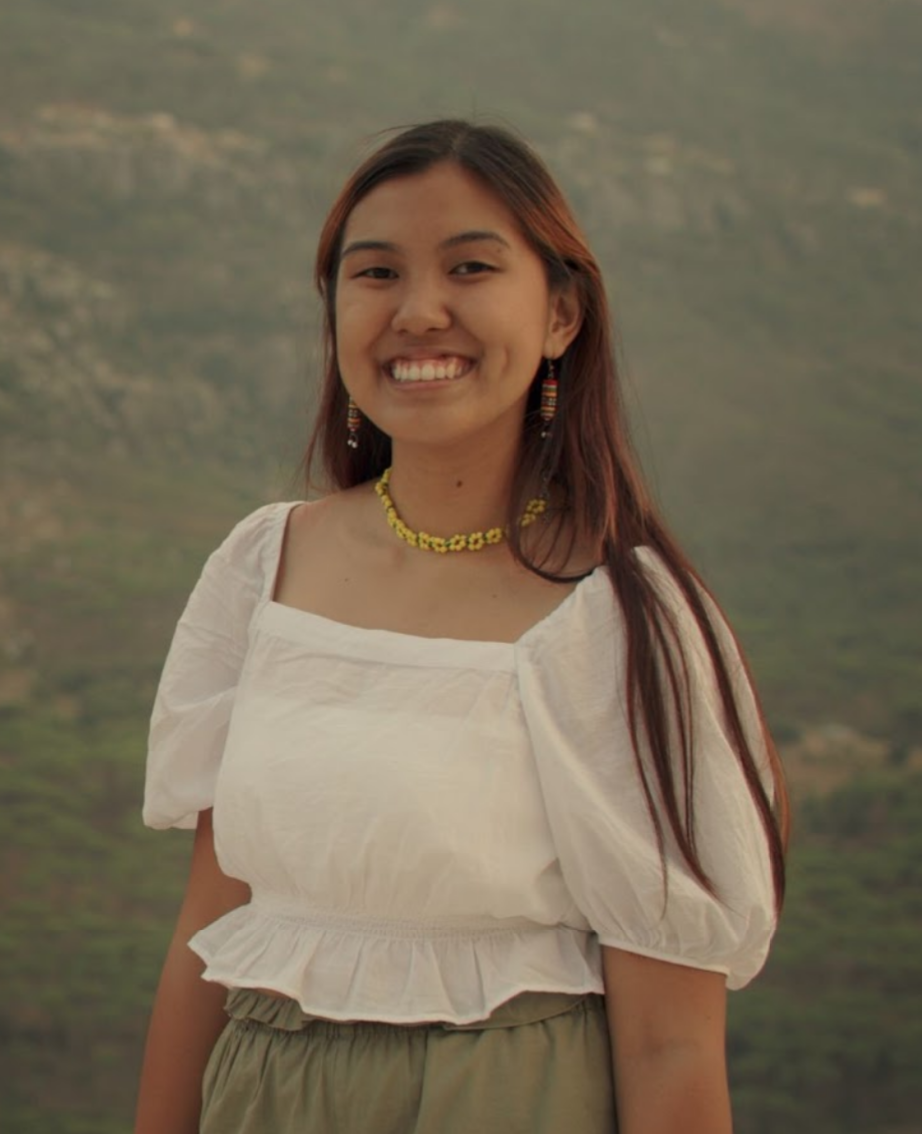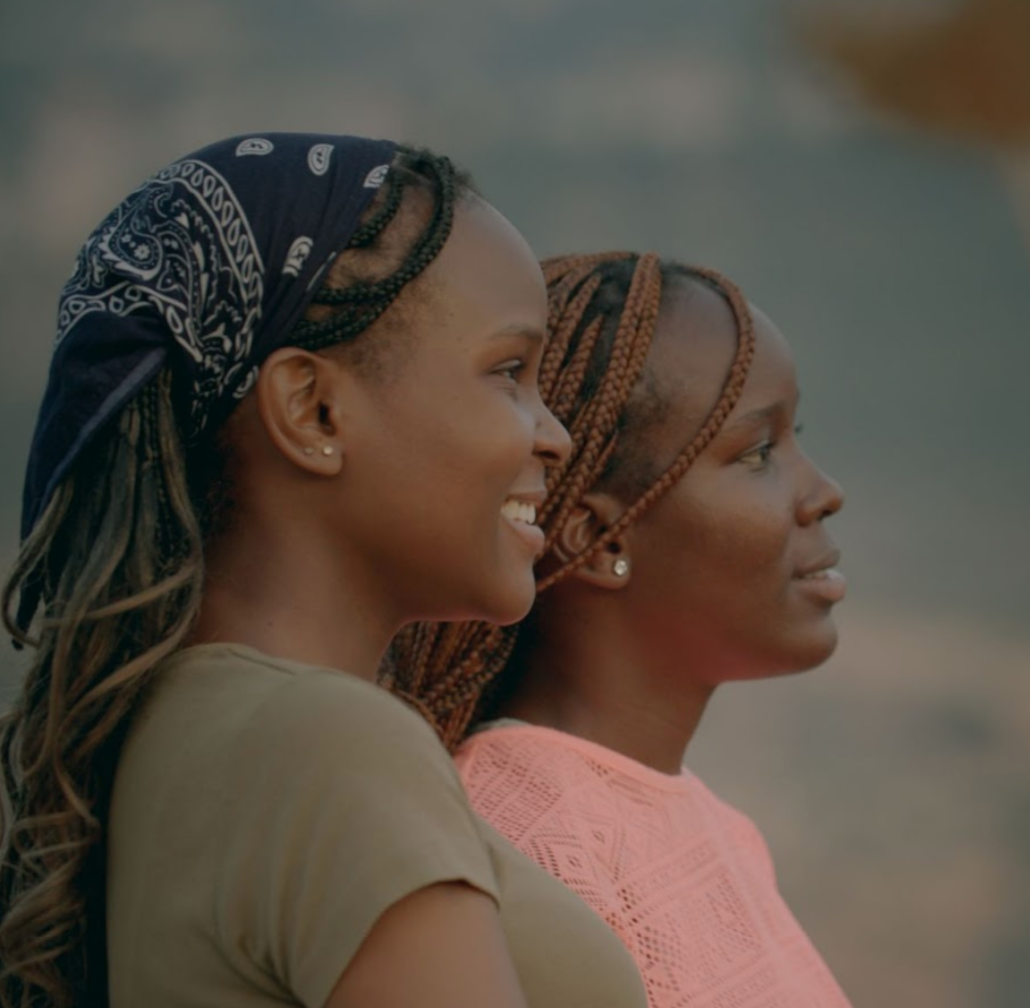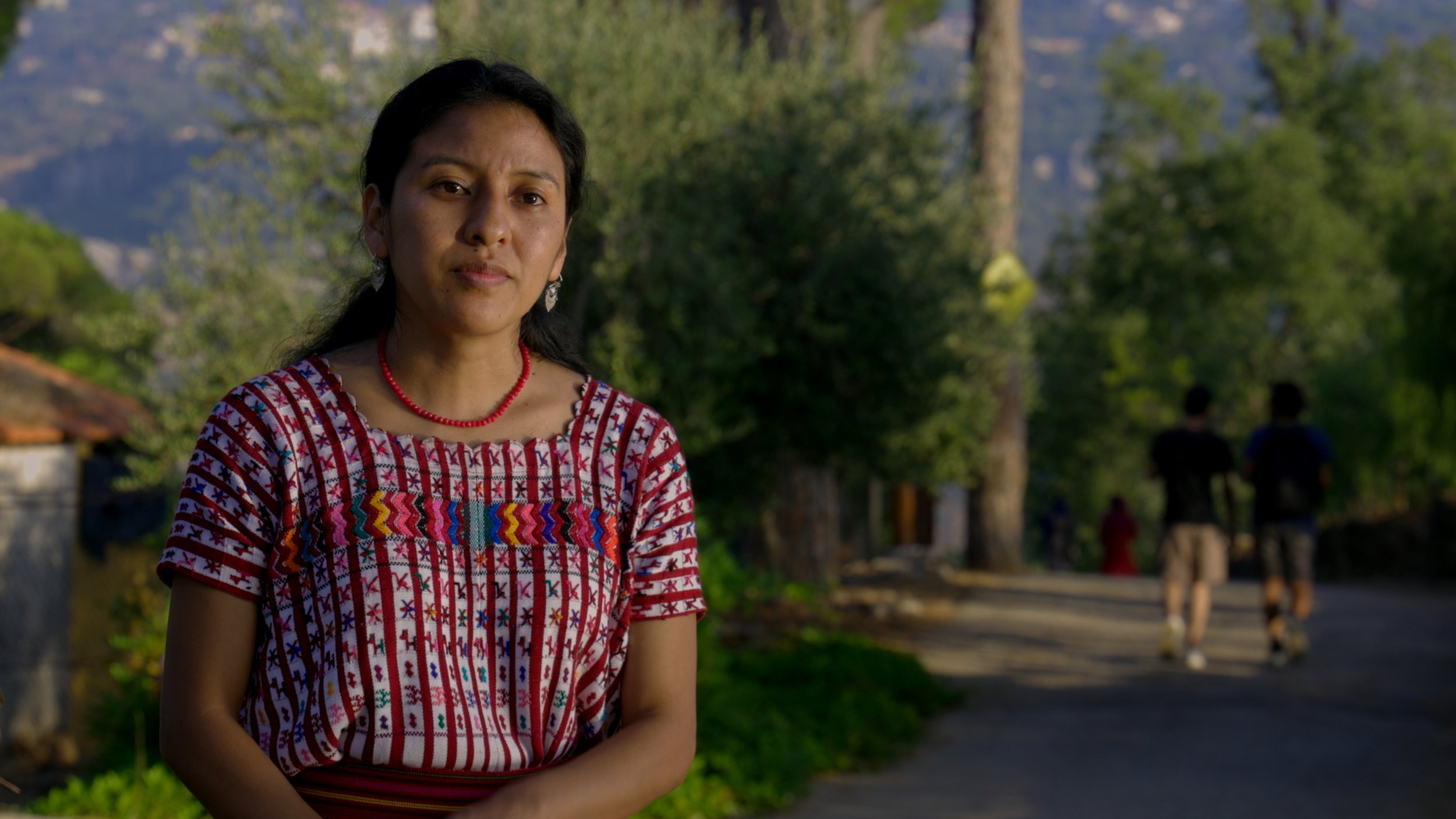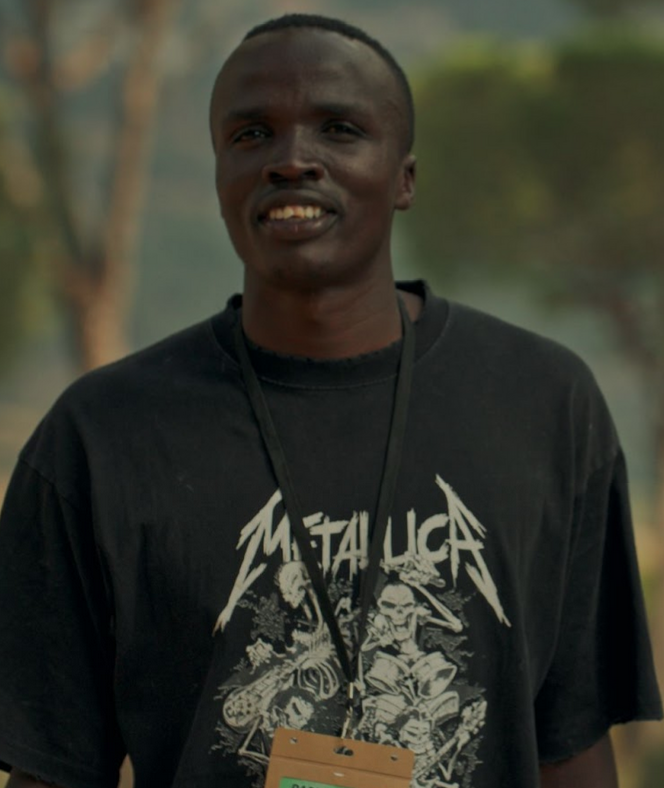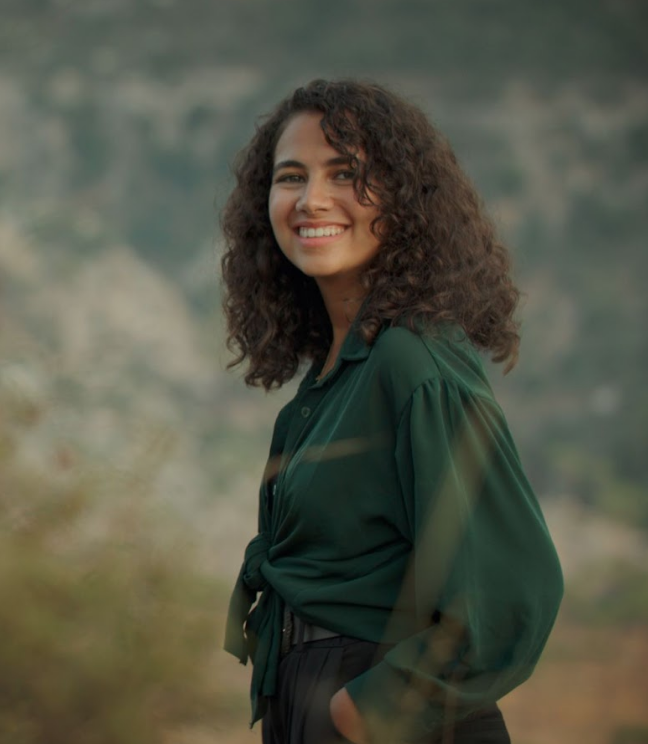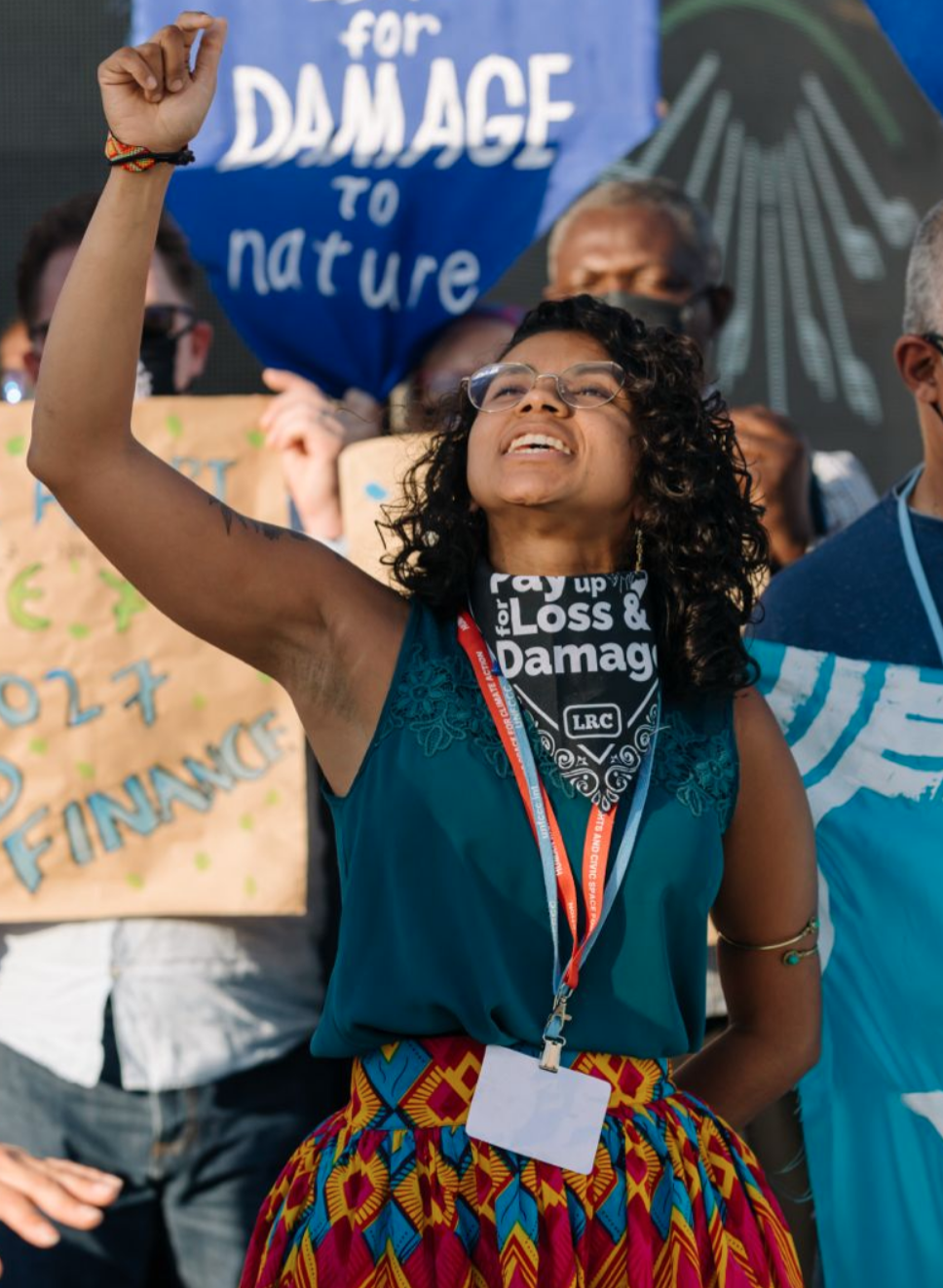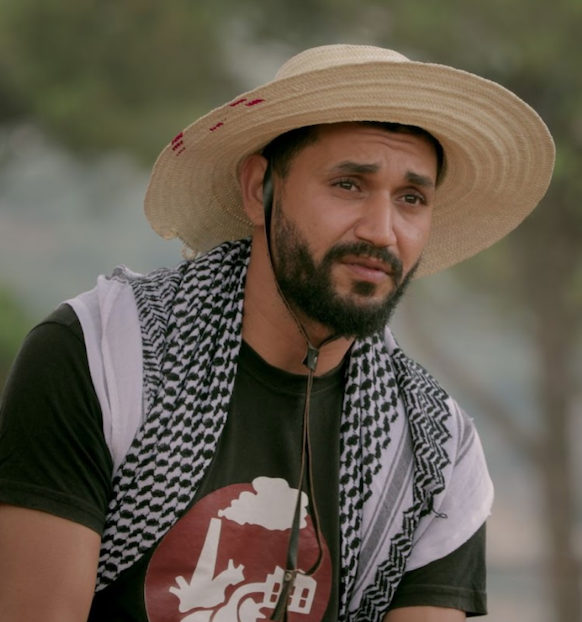Cast
-
Alab Mirasol Ayroso is no stranger to struggle. Growing up in the Philippines, a country battered by typhoons and marked by deep-rooted land injustices, activism was never a choice - it was a necessity.
Born to land rights activists, Alab’s life took a harrowing turn when her father became a victim of enforced disappearance, a stark reminder of the brutal silencing tactics used against those who dare to resist.
Yet, rather than succumbing to fear, Alab channels her grief into action, fighting for climate justice and the rights of those most affected.
-
Clare and Joan are two sisters from Uganda, united in their commitment to social change through both advocacy and art.
They are passionate advocates for women’s empowerment and climate justice, believing that when women are educated and given a voice, they become powerful agents of change.
In Uganda, where agriculture is central to livelihoods, they see the fight for climate justice as deeply connected to gender equality, with empowered women at the heart of sustainable solutions.
As artists, they use their craft to raise awareness about pressing social issues in Africa, such as decolonization, women’s rights, and patriarchy.
-
For Yusuf Baluch, the fight for climate justice is a fight for survival. Coming from Balochistan, an occupied region between Pakistan and Iran, he has witnessed firsthand the devastating impact of climate change - as a child, he lost his home to floods.
But it was no natural disaster - it was man-made, a result of exploitation and environmental destruction. His people are being displaced, their voices silenced, their rights ignored.
Activists are threatened, abducted, and even killed. Yet, Yusuf chooses to resist.
-
For Awex Mejía Cipriano, a K'iche' - Sakapulteka woman, the fight for justice is deeply personal. Growing up in Indigenous territories of Guatemala, she witnessed firsthand how industrial agriculture is destroying Indigenous ways of life.
Her family has practiced traditional organic farming methods for generations, but today, genetically modified seeds, agrochemicals, and land privatization threaten their survival.
For Awex, this is not just environmental destruction - it is erasure. A system built on colonialism, capitalism, and patriarchy continues to exploit Indigenous communities while silencing their resistance.
Awex believes in using every available tool to amplify the voices of those on the front lines. She dreams of a world where freedom, justice, and dignity are not dictated by power but built by the people who fight for them.
-
Emmanuel Ng’olepus carries the voices of his community in West Pokot, Kenya - voices filled with grief, uncertainty, and resilience.
The founder of Pads 4 Education, he is determined to keep girls in school despite the challenges they face.
He comes from a region where agriculture is a lifeline, and has witnessed firsthand how the climate crisis has devastated crops, deepened poverty, and stripped families of their future.
In a world of stark inequalities, where some soar into space while others trade their daughters for food, Emmanuel refuses to stand by in silence.
-
Fatima-Zahrae Tarib grew up surrounded by Morocco’s rich landscapes, from the sea to the mountains, with a deep love for nature nurtured by visits to her grandfather’s village.
But the day she returned to find the animals gone and his crops withered due to drought, climate change became personal.
Determined to take action, Fatima-Zahrae sought out fellow climate activists across the Arab world and North Africa, realizing that the solutions must come from within their own communities.
Her journey led her to international climate justice movements, where she found hope in the strength of young people fighting for change.
-
For Gina Cortés Valderrama, the fight for justice means collective power for dismantling the imperialist system, which perpetuates the chains of racism and unequal exchange between and within countries.
She is a Colombian advocate and activist working at the intersections of climate, racial, gender and economic justice, exploring degrowth and delinking as pathways for systemic transformation.
As a member of the UNFCCC Women and Gender Constituency's Facilitative Committee, she champions a vision of justice that goes beyond policies - one that dismantles colonial legacies, challenges exploitative economic systems, and centers a life in dignity within planetary boundaries.
-
For Khairdeen Debea, the climate crisis is not an abstract issue - it is a lived reality.
Coming from Gabes, Tunisia, a country suffering from extreme water scarcity, he has seen firsthand how rising temperatures and vanishing water sources threaten both the land and the people who depend on it.
He is not willing to wait. He knows that the Global South - especially Africa - faces the harshest consequences of climate change.
For him, the fight is clear: it is the people versus powerful economic interests. Khairdeen believes in collective power.
The people who are most affected must come together, speak with one voice, and demand justice - not just words, but action.

